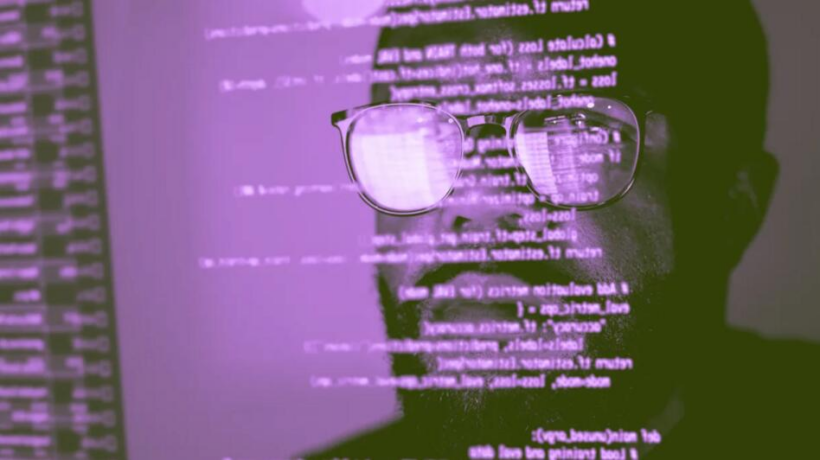ChatGPT got most people excited about Artificial Intelligence (AI). Although AI has been with us for some time, recent developments have increased its adoption. Before then and through this era of AI euphoria, I’ve been concerned about what it means for countries with limited AI capabilities. The concern has been mainly around the extent to which countries could retain data sovereignty. In simple terms, how can countries use AI without the need to handover their data to countries that are leading in the AI race. Recently, it was encouraging to learn from the man of the moment, Nvidia CEO – Jensen Huang, that his company has built capabilities to enable Sovereign AI. It encompasses a nation’s approach to harnessing AI for its socio-economic, cultural, and geopolitical context. Essentially, it stands in contrast with corporate-controlled AI, which is developed and deployed less in any nation-state’s interest and more to generate profits and gain market share. Several countries, including Japan, Canada, and France, are already establishing their sovereign AI systems.
The push for sovereign AI implies a shift towards more localised and customised AI development, where AI systems are specifically designed to meet the cultural, linguistic, and regulatory requirements of individual countries. In the same way that we see smartphone companies locating AI within a device instead of a cloud option, according to Huang, we are beginning to see countries also taking the same approach in the form of Sovereign AI.
This capability which is enabled by Nvidia, presents an opportunity for African countries to build their own AI systems without handing over their data to more powerful countries. This is a positive development in the tech world. Most technological advancements often necessitate a reliance on countries that build the infrastructure which then compromises the position of developing countries. This move by Nvidia addresses a concern that has always been there about data sovereignty. Lack of data sovereignty up to now has weakened African countries and rendered them tech slaves to those that develop software and hardware. Sovereignty AI by Nvidia presents a major opportunity for African countries. Now countries within the continent can develop unique technology solutions.
The uniqueness of their technology solutions will be driven mainly by their unique data. Each country from a data perspective has something that another country does not have. This will allow country specific AI solutions and level the playing field. If embraced, this is a moment that could propel South Africa in the AI race. Challenges faced by South Africa as well as innovation projects could enable AI solutions that could be useful elsewhere. Think of the AIDS challenge in South Africa. It has enabled the country to embark on advanced AIDS research to address the challenge. The data that comes out of such work could enable the country to buld Health AI solutions that could assist others in dealing with the AIDS challenge. The crime challenge, although not unique to South Africa, its data could be used to build AI tools to assist other countries to prevent a similar challenges. The more unique the countries circumstances the more it will be able to use sovereign AI to its advantage. Each country now can develop an AI roadmap into the future and ensure that it has a sit at the AI table.The time is now for countries to also be excited about AI.







